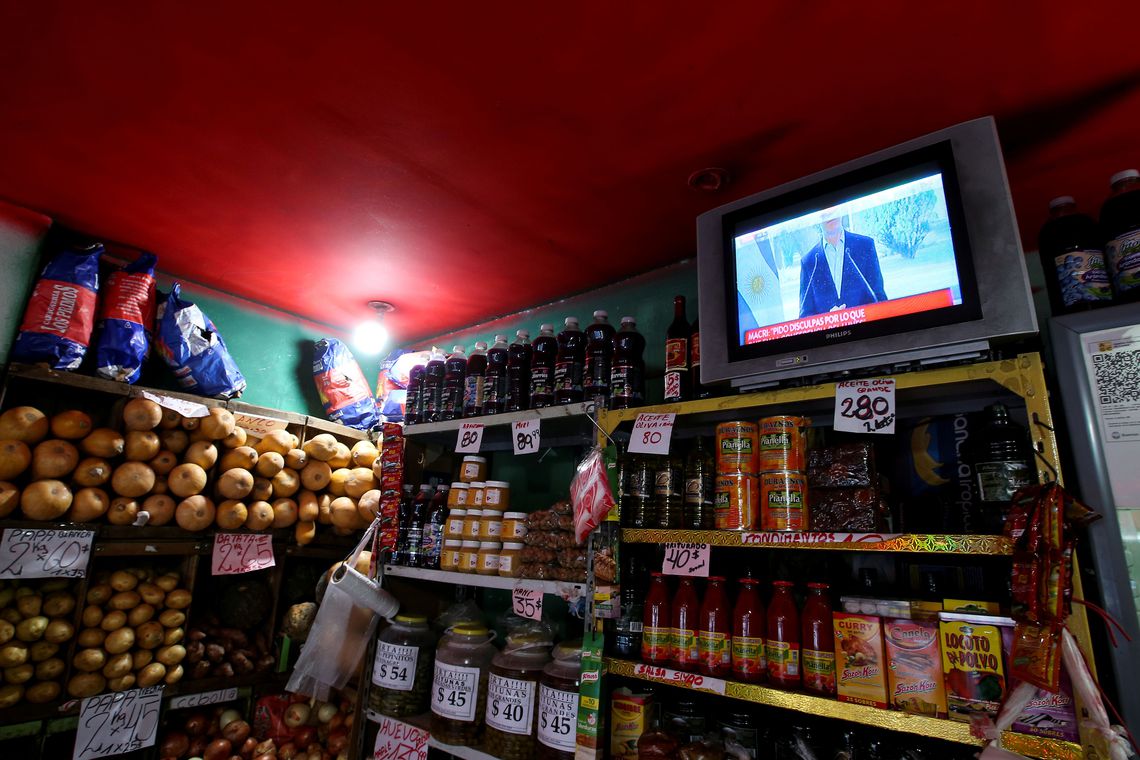RIO DE JANEIRO, BRAZIL – The Argentine Chamber of Deputies approved on September 12th, a project to extend Food Emergency until the end of 2022, which represents an increase of 50 percent in funding for food security, to the tune of 10 billion pesos. The bill, which is now sent to the Senate, was passed by 222 votes in favor and one abstention.

This increase will be achieved through the reallocation of items so that it does not affect this year’s budget or the set fiscal targets. The measure had already been demanded for some time by social organizations, churches and the central union (Confederación General del Trabajo – CGT).
Argentina is facing a profound economic and social crisis. In 2018, poverty in the country had hit 32 percent of the population; 6.7 percent of the population was homeless. It is estimated that these figures could reach 38 percent and 10 percent, respectively, by the end of 2019.
“The present bill is a first step to ensure citizens’ food and nutritional security; it should be complemented by other measures to lower the price of basic foodstuffs and increase household incomes,” states the wording of the consensus letter, approved by the deputies.
With the Senate’s approval of the bill, the Executive will be able to restructure the budget and make administrative decisions that lead to an effective approach to the food and nutrition emergency.
The bill states that “ensuring food and nutrition security must be made the first basic agreement and a priority state policy for a new stage of national unity in Argentina”.
The project’s approval was agreed between the opposition blocs and voted in a lightning session, where only one deputy from each bloc spoke for five minutes.

